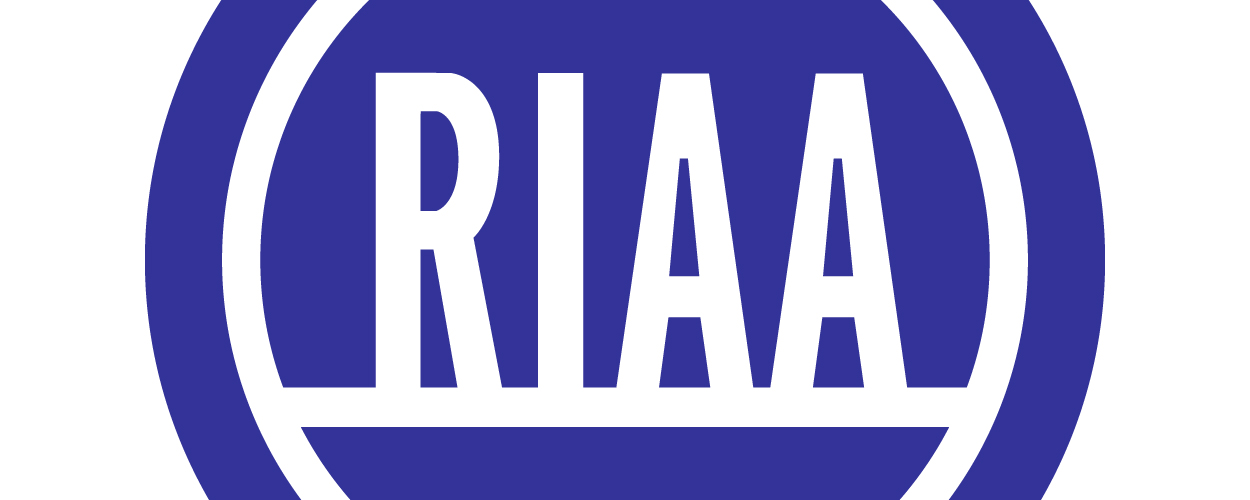This website uses cookies so that we can provide you with the best user experience possible. Cookie information is stored in your browser and performs functions such as recognising you when you return to our website and helping our team to understand which sections of the website you find most interesting and useful.
Business News Digital Labels & Publishers Legal
RIAA increasingly targeting content on legit streaming services with takedowns
By Chris Cooke | Published on Monday 15 March 2021

The US record companies are issuing an increased number of takedown requests relating to allegedly copyright infringing content on legitimate streaming services like Spotify and Apple Music, according to a new report from Torrentfreak.
The music industry issues a constant flood of copyright notices, of course, requesting that content or links be removed from an assortment of websites and digital platforms.
That includes outright piracy sites, as well as otherwise legitimate social media and content-sharing platforms where users regularly upload videos containing other people’s music. Another stack of takedowns are then sent to search engines that index and list pirated content.
Those websites and digital platforms are obliged to respond to any takedowns if they want to avoid liability for copyright infringement on the back of the copyright safe harbour. Most piracy sites ignore them, obviously, which is why search engines linking to those piracy sites are also a top target.
Torrentfreak has been monitoring the database of takedown notices managed by Lumen, a Harvard University project that is focused on takedowns and other cease-and-desist letters issued in relation to online content.
“Takedown requests are generally aimed at pirate sites and stream-rippers, but in recent weeks the [Recording Industry Association Of America] went after legitimate streaming services as well – apparently Spotify, Deezer, Amazon, Tidal and Apple Music host ‘copyright infringing’ content too”, it notes.
Some of that definitely relates to podcasts. As the streaming services have been pushing podcast content ever more prolifically, the spotlight has fallen on the fact that most music podcasts are not properly licensed, mainly because it’s really hard to license music for podcast programmes.
Crucially, the music licences of Spotify et al do not cover music within any standard podcasts that appear on those platforms, which means technically they shouldn’t be on there. As a result, said platforms have filters that try to stop such content getting through. However, in some cases, fans have actually managed to use podcast feeds to add tracks not officially available on Spotify to the service, which suggests that those filters are not always very effective.
Not all podcasts containing music on the streaming services are infringing. The platforms’ own podcasts will have secured licences, of course, and Spotify is developing a tool to allow podcasters to pull in tracks from its licensed music library. But many third-party music-based podcasts that do appear on those streaming service are very likely not properly licensed. And some of those were targets of some of the recent takedowns against Spotify.
But, Torrentfreak points out, some of the takedowns relate to individual tracks on the music side of the service, rather than podcasts. That includes some remixes and karaoke versions of songs, but also some original recordings.
Those could have been uploaded via podcast feeds, as noted. Although the presence of allegedly infringing tracks on the streaming services possibly relates to another debate that has rumbled on in recent years. Which is, to what extent people are uploading other people’s music via DIY distribution platforms, and what efforts those platforms and the streaming services themselves are going to in order to spot and block such uploads.
According to Torrentfreak, although those takedowns have been sent to Google so that links to the podcasts or tracks can be removed from its search engine, the web giant doesn’t seem to have acted on those notices. Very possibly because it reckons the streaming services are in a better position to assess if that content is indeed infringing and, if so, to actually remove it. Certainly, some of the identified podcasts and tracks are no longer available on Spotify.





